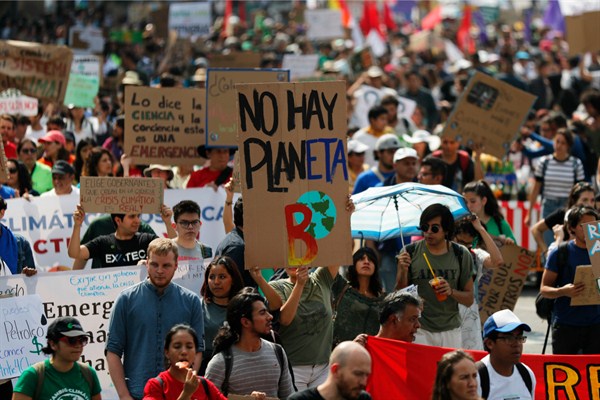President Andres Manuel Lopez Obrador entered office nearly a year ago promising “profound and radical” change to just about everything in Mexico. One of his main targets was the country’s energy sector, which had been overhauled and opened up to private investment for the first time in many decades by his predecessor, Enrique Pena Nieto, in a sweeping 2013 reform.
So far AMLO, as Lopez Obrador is widely known in Mexico, has not reversed that energy market liberalization, which he strongly opposed. But he has sought to chip away at it. Those efforts could have dire implications for the expansion of renewable energy in Mexico and, in turn, the international effort to fight climate change.
Mexico, the world’s 12th-largest greenhouse gas emitter, had pursued a leadership role on climate policy for several years before AMLO took office. Different governments demonstrated a desire for strong regional action on climate change and positioned Mexico as an international leader, particularly after hosting COP16, the United Nations Climate Change Conference, in 2010. Indeed, Mexico was the first developing country to submit its climate action plan in advance of the 2015 COP meeting in France that sealed the Paris climate agreement.

